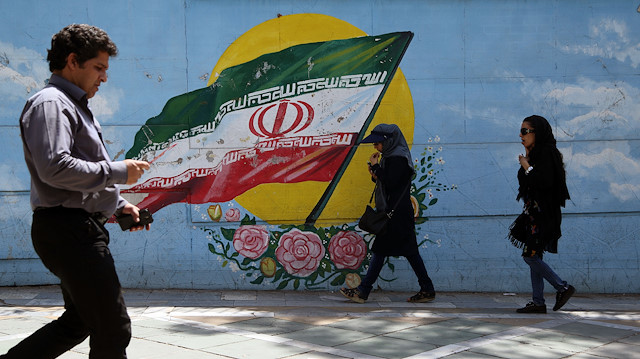
"I had to close my business. Those European companies that were racing to ink a deal with me last year, now refuse to return my calls," said a businessman in Tehran, who declined to be named.
Mohammad Reza Sadoughi says ordinary people will bear the brunt of the sanctions, in terms of medicines for the sick such as cancer patients and food shortages and currency problems.
"My father has cancer, and with sanctions, the cancer-treatment medicine that his life depends on will only be available in the black market for a higher price," said the 38-year-old government employee in the northern city of Sari.
The U.S. sanctions permits trade in humanitarian goods such as food and pharmaceuticals. Yet measures imposed on banks and trade restrictions will make life hard for Iranian patients.
"At the end of the day, it's the Iranian people with their aspiration to lead a good life who are suffering due to lack of good sense from their own regime who are not ready to compromise with the world power (U.S.)," said Dubai-based businessman Aftab Hasan, a member of the Iranian Business Council in Dubai.
However analysts say that economic grievances are unlikely to revive anti-government unrest such as the demonstrations in December that turned into anti-government rallies.
"I don't care about politics. I don't care who is responsible for our problems. I don't want a regime change. I just want to live peacefully with my family in my country," said housewife Fariba Shakouri, 51, in the central city of Yazd.




